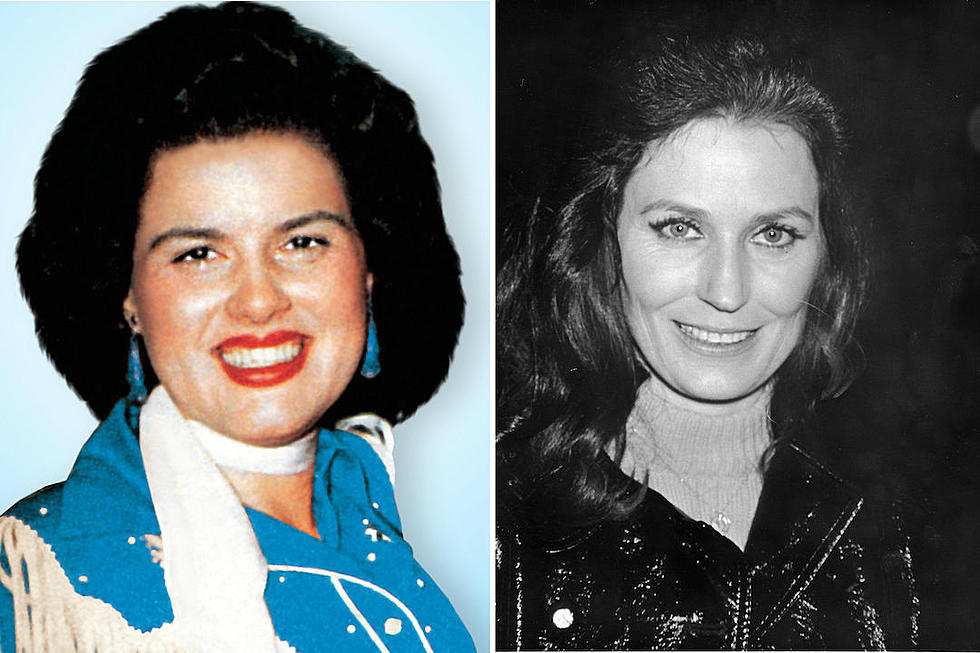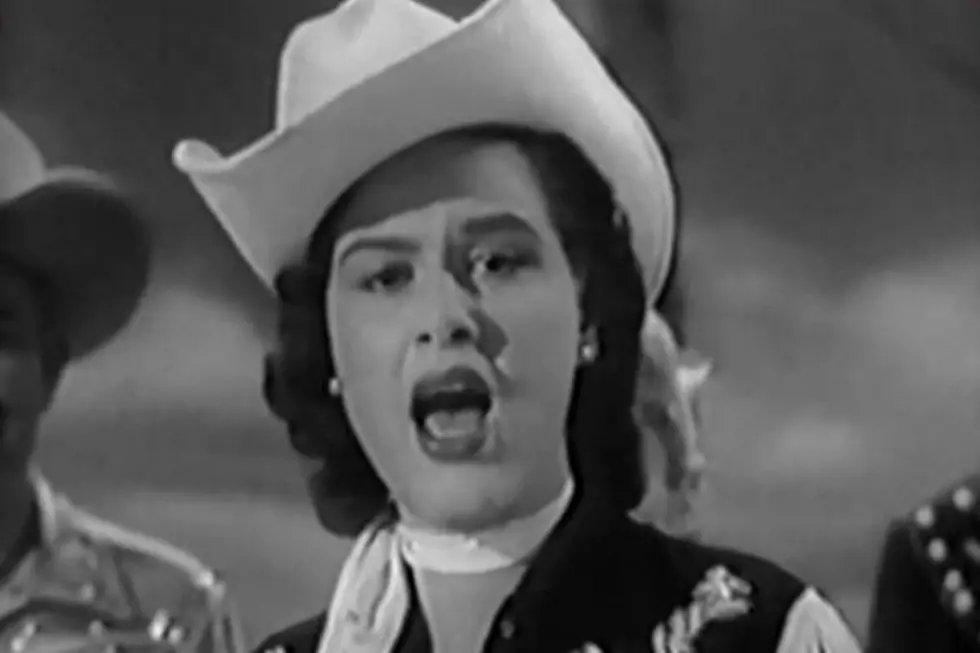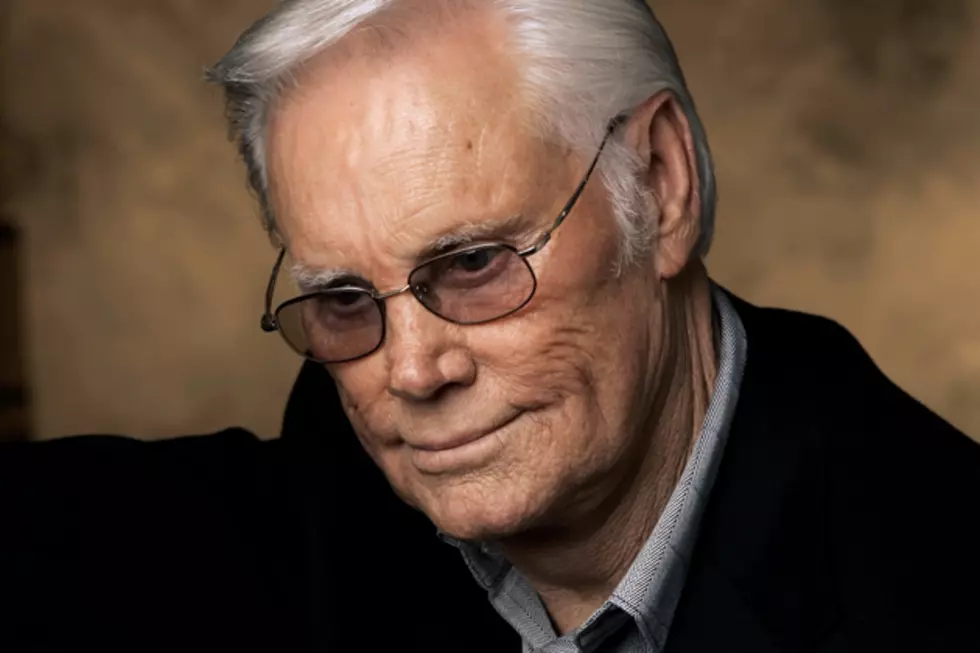
Report: Loretta Lynn, Patsy Cline Recordings Among Those Lost in 2008 Universal Studios Hollywood Fire
In 2008, a massive fire broke out in a Universal Studios backlot in Hollywood, Calif. At the time, the resulting damage was said to be relatively minor: A vault of video and television media was destroyed, Universal reported, along with part of a studio tour. However, a new report from The New York Times, published Tuesday (June 11), reveals that the fire's destruction was much more catastrophic than nearly anyone knew at the time.
According to the Times, which cites a confidential UMG report issued in 2009, an estimated "500k song titles" were destroyed in the blaze. Those lost masters include recordings by a slew of legendary country performers: Patsy Cline, Kitty Wells, Loretta Lynn, Lynyrd Skynyrd, Merle Haggard, George Strait, George Jones, Ernest Tubb, Lefty Frizell, The Eagles, Jimmy Buffet, Steve Earle, Sheryl Crow, Buddy Holly and Don Henley, along with many others.
The devastation impacts all genres; artists who made iconic pop, rock, R&B, jazz, hip-hop and soul records also lost priceless original masters in the blaze. Likely among those are the first-ever commercially available tapes from Aretha Franklin, made when she was still a teenager and recorded material as a singer at her father's church.
When major media outlets first reported on the fire, almost none mentioned the existence of the music archive stored in the torched warehouse, focusing instead on the TV and film recordings that were lost. However, a portion of the archive housed a massive cache of master musical recordings, including tapes dating as far back as the late 1940s, as well as session recordings that have never been released to the public.
Among the few journalists that did publicize the extent of the loss early on was Deadline's Nikki Finke, who claimed that an insider tip-off suggested that "1,000s of ... original recording masters" might have been lost in the blaze. Following the initial story, Finke published an update from a Universal Music representative, which stated, "Thankfully, there was little lost from UMG's vault. A majority of what was formerly stored there was moved earlier this year to our other facilities." What remained in the torched vault, the representative added, had already been digitized.
UMG employees continued to downplay the fire's destruction publicly, but, the Times reports, internal documents contradict those statements. "The West Coast Vault perished, in its entirety. Lost in the fire was, undoubtedly, a huge musical heritage," reads a March 2009 document. Jody Rosen, the author of the new Times piece, obtained "litigation and company documents, thousands of pages of depositions and internal UMG files" while researching the story, which also includes an interview with Randy Aronson, who, at the time of the fire, was UMG's senior director of vault operations and oversaw the archives.
Shortly after the Times' story was published, UMG issued a statement claiming that the story contains “numerous inaccuracies, misleading statements, contradictions and fundamental misunderstandings of the scope of the incident and affected assets" (quote via Variety).
"While there are constraints preventing us from publicly addressing some of the details of the fire that occurred at NBCUniversal Studios facility more than a decade ago, the incident -- while deeply unfortunate -- never affected the availability of the commercially released music nor impacted artists’ compensation," the statement notes. "UMG invests more in music preservation and development of hi-resolution audio products than anyone else in music."
50 Country Songs Everyone Should Hear Before They Die
More From TheBoot





![Country Artists With Stars on the Hollywood Walk of Fame [PICTURES]](http://townsquare.media/site/623/files/2015/05/shania-twain-hollywood-walk-of-fame-star.jpg?w=980&q=75)



